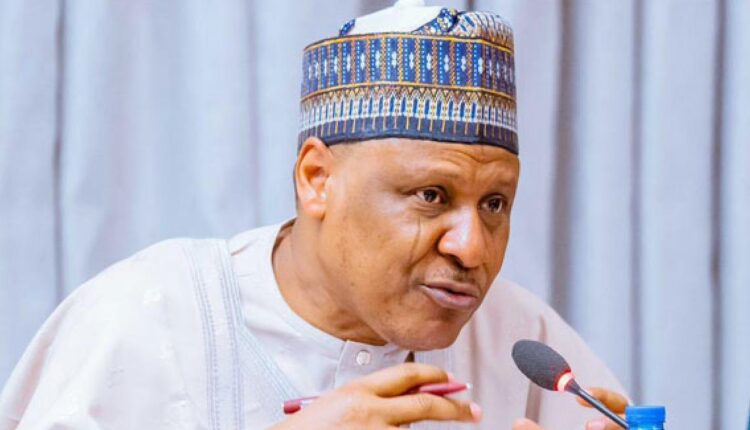The Federal Government has rejected reports suggesting that Christians are being targeted in what some foreign officials have described as a religious genocide in Nigeria.
It said such claims are inaccurate and distort the true nature of the country’s security challenges.
Speaking during an interview with CNN on Tuesday night, the Minister of Information and National Orientation, Mohammed Idris, said Nigeria remains a country that upholds religious freedom and peaceful coexistence despite its ongoing fight against terrorism and banditry.
Idris argued that some of the allegations made by officials of the United States were based on unreliable data and wrong assumptions that Christians were the main victims of violence in the country. He explained that criminal groups attack both Christians and Muslims, particularly in the northern region, where most of the conflicts are concentrated.
The minister cautioned that spreading such claims could play into the hands of violent elements seeking to divide Nigerians along religious lines. He said presenting the violence as a campaign against Christians alone creates a dangerous impression of conflict between the two major faiths in the country.
He maintained that Nigeria remains a tolerant nation where freedom of worship is protected under the Constitution, insisting that the country cannot be described as unsafe or hostile to any religion.
According to him, President Bola Tinubu’s administration has stepped up efforts to tackle insecurity through both military and developmental strategies. He said the government has been investing heavily in modern military equipment while also expanding agricultural and social programmes aimed at addressing the root causes of unrest.
Idris added that the recent changes in the leadership of the armed forces reflect the government’s determination to strengthen national security and respond more effectively to emerging threats.
Nigeria has faced multiple security challenges over the past decade, including insurgency in the northeast, bandit attacks in the northwest, and separatist violence in the southeast. These crises have often been misrepresented internationally as religious conflicts, even though they are driven by political, economic, and ethnic factors.
Successive administrations have rejected allegations of organised religious persecution, maintaining that both Christians and Muslims have been victims of terrorism and other forms of violence.
Idris urged the international community to rely on credible information and to work with Nigeria in addressing common security concerns instead of spreading divisive narratives that could worsen tensions.



Comments are closed.